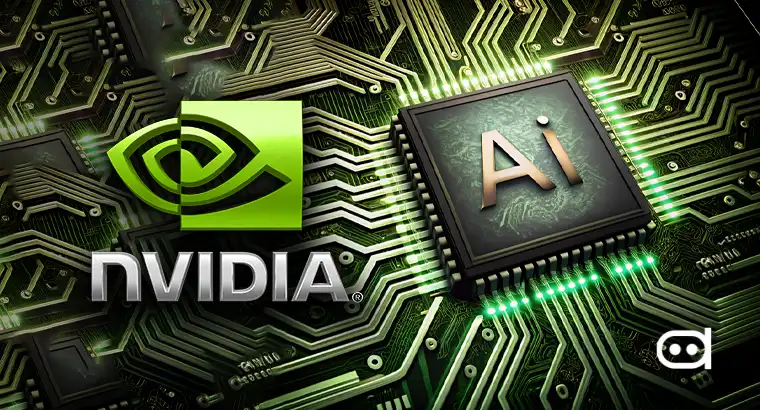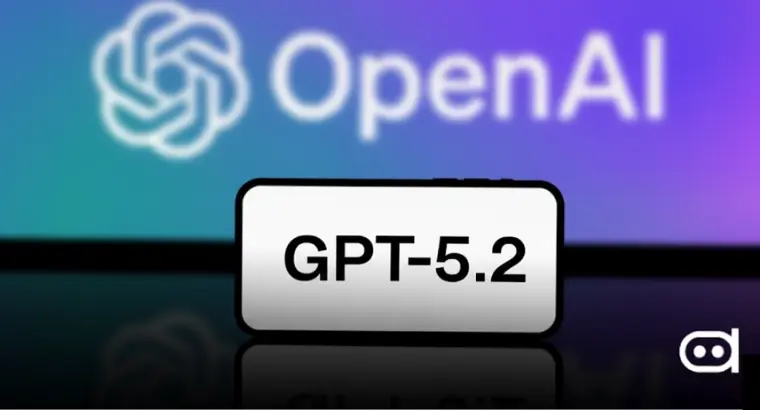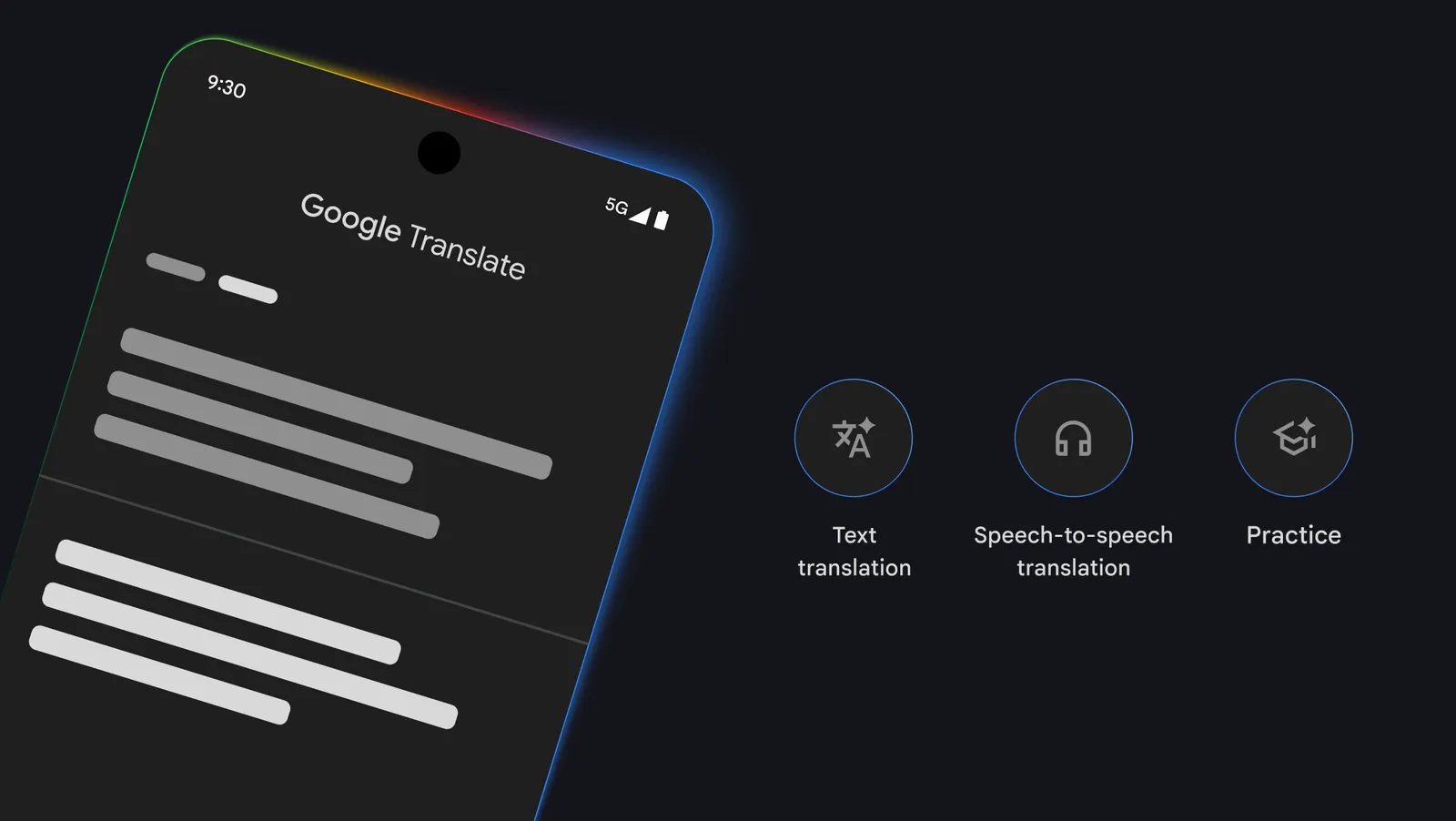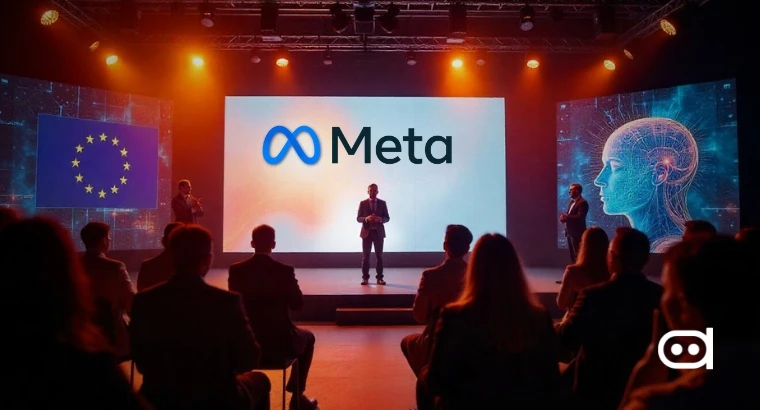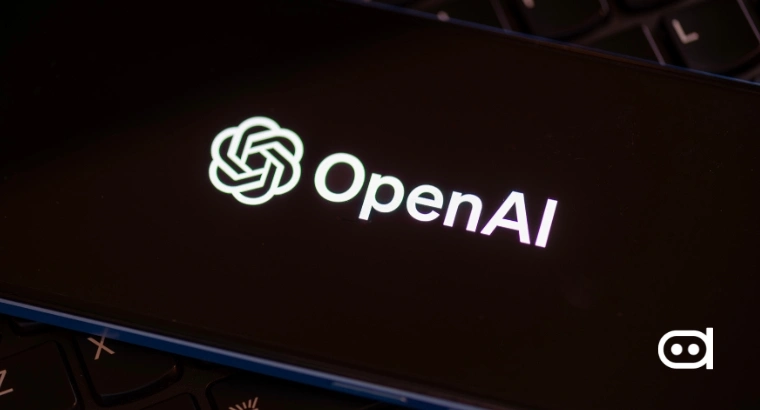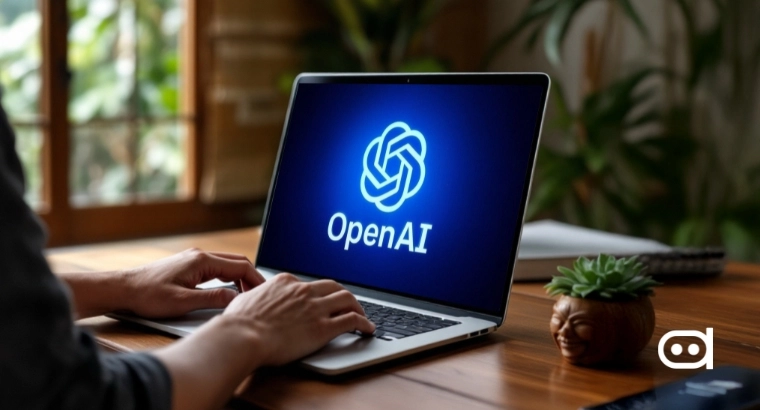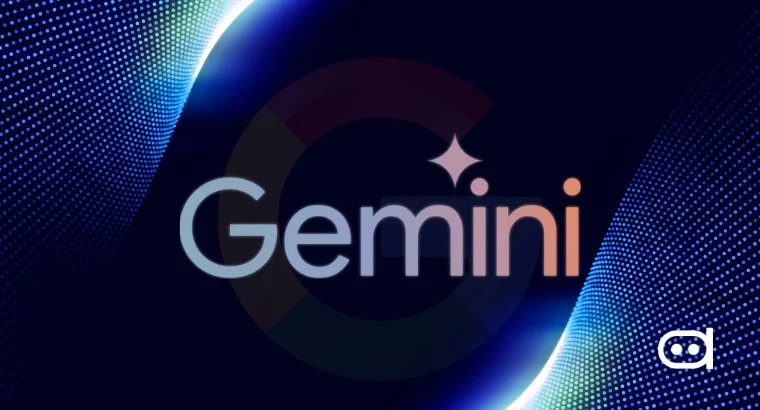
In the latest blog post, Google’s parent company Alphabet has lifted its longstanding ban on using artificial intelligence (AI) for military purposes. While the competition for AI development has been intensified, the amendments in Google’s policy marked huge shifts in its principles.
To defend this shift, Alphabet cited the growing demand in democratic nations to foster AI advancements while assuring ethical safeguards.
Earlier, the tech giant imposed a ban on the use of its AI technologies for weapons-related technologies, according to its 2018 AI principles. The updated Google AI policy paves the way for Google to collaborate with defense agencies on AI-bassed national security initiatives.
Previously, Google’s AI principles distanced its involvement in projects intended to harm or facilitate surveillance that violated human rights. The company’s updated stance throws these restrictions away, instead, the tech giant will go for responsible AI development that aligns with “core democratic values.”
In a blog post by Google DeepMind CEO Demis Hassabis and Senior Vice President James Manyika, the company stressed that AI is now a general-purpose technology influencing every aspect of society. They argued that AI must be developed in collaboration with governments to “protect people, promote global growth, and support national security.”
Google Changes Its Policy after Growing Use of AI in Modern Warfare
The shift comes after the increasing use of AI in modern warfare in ongoing war-like scenarios like the Russia-Ukraine conflict, where machine learning and automation have played pivotal roles in intelligence gathering, logistics, and combat strategies. AI-based drones, surveillance systems, and predictive analytics are becoming critical tools for military forces worldwide.
However, Google mentioned that it will not directly develop autonomous weapons. The blog post reads:
“Because we understand that AI, as a still-emerging transformative technology, poses new complexities and risks, we consider it imperative to pursue AI responsibly throughout the development and deployment lifecycle — from design to testing to deployment to iteration — learning as AI advances and uses evolve.”
However, many experts warned that any AI integration in defense could accelerate the automation of warfare, which could raise ethical and security concerns. They argue that removing these restrictions could pave the way for AI-driven military operations with dangerous consequences.
Source: https://blog.google/technology/ai/responsible-ai-2024-report-ongoing-work/
Latest Stories:
UK Initiates AI Trial to Enhance Breast Cancer Detection
Presidio Introduces Industry-First Private Gen AI Platform
Fujitsu Unveils AI-Driven Software Modernization Service
